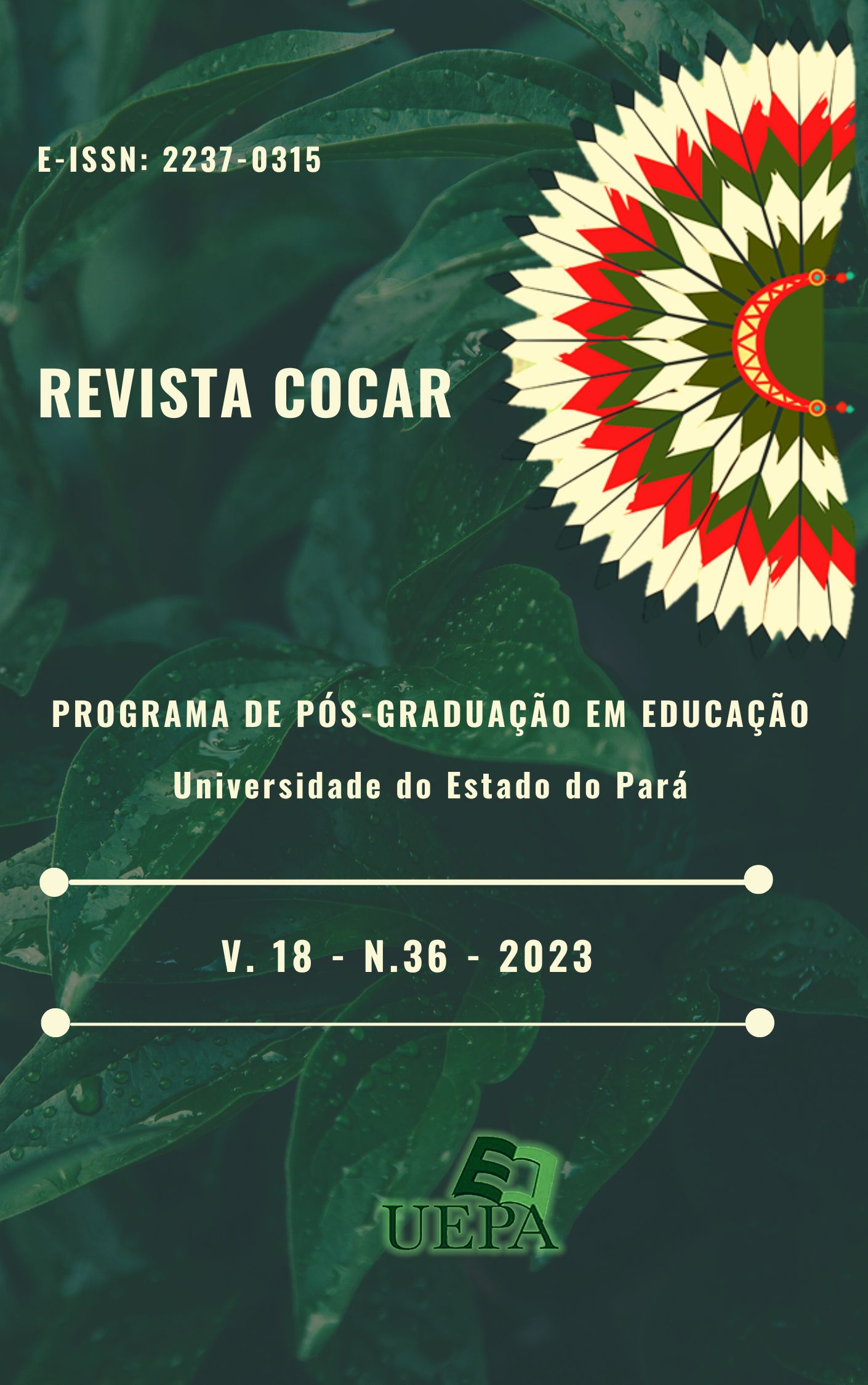Contribuição para leitura de Amar, verbo intransitivo, de Mário de Andrade, pelos historiadores da educação: relação Direito e Literatura
Contribution to the reading of “To love, intransitive verb”, by Mário de Andrade, by historians of education: the relationship between Law and Literature
Resumo
O escopo deste artigo é analisar as condutas dos personagens centrais de Amar verbo intransitivo, de Mário de Andrade (1944), e as representações dos atos praticados por Felisberto Sousa Costa, a professora Fräulein e o aluno Carlos, sob a ótica da legislação penal e civil vigentes ao tempo da escritura do romance. Percebeu-se haver, no plano penal, uma regulação fundada nos costumes e vazia de isonomia entre gêneros. No aspecto cível, verificamos um sutil desvio de cumprir o regramento, demonstrando a aptidão dos sujeitos valerem-se de expedientes alternativos para alcançar suas pretensões, ainda que elas implicassem em afronta a tais normas. A professora e o patriarca não se preocupavam com a pedagogia do respeito às regras legais, tampouco ensinavam o aluno a observá-las, quando o jogo envolvia interesses maiores. Usamos o método da operação historiográfica (CERTEAU, 1975).
Palavras-Chave: História da educação; Amar verbo intransitivo; Direito e Literatura.
Abstract
The scope of this article is to analyze the conduct of the central characters in “To Love, intransitive verb”, by Mário de Andrade (1944), and the representations of the acts practiced by Felisberto Sousa Costa, the teacher Fräulein and the student Carlos, under the viewpoint of the criminal and civil legislation in force at the time of writing the novel. On the criminal level, there was a regulation based on customs and void of isonomy between genders. On the civil side, there was a subtle deviation from complying with the rules, demonstrating the ability of the subjects to use alternative means to achieve their goals, even if they implied an affront to such norms. The teacher and the patriarch were not concerned with the pedagogy of respecting the legal rules, nor did they teach the student to observe them, when the game involved greater interests. We used the historiographical operation method (CERTEAU, 1975).
Key-words: History of education; To Love, intransitive verb; Law and Literature.
Key-words: History of education; To Love, intransitive verb; Law and Literature.























